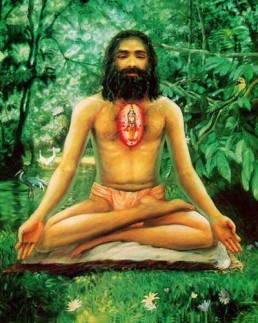Patanjali Yogasutra Introduction
Part 1 – Samādhi-pāda – Yoga and its Aims
1.1
1.2
1.3
1.4
1.5
1.6
1.7
1.8
1.9
1.10
1.11
1.12
1.13
1.14
1.15
1.16
1.17
1.18
1.19
1.20
1.21
1.22
1.23
1.24
1.25
1.26
1.27
1.28
1.29
1.30
1.31
1.32
1.33
1.34
1.35
1.36
1.37
1.38
1.39
1.40
1.41
1.42
1.43
1.44
1.45
1.46
1.47
1.48
1.49
1.50
1.51
Part 2 – Sādhana-pāda – Yoga and its Practice
2.1
2.2
2.3
2.4
2.5
2.6
2.7
2.8
2.9
2.10
2.11
2.12
2.13
2.14
2.15
2.16
2.17
2.18
2.19
2.20
2.21
2.22
2.23
2.24
2.25
2.26
2.27
2.28
2.29
2.30
2.31
2.32
2.33
2.34
2.35
2.36
2.37
2.38
2.39
2.40
2.41
2.42
2.43
2.44
2.45
2.46
2.47
2.48
2.49
2.50
2.51
2.52
2.53
2.54
2.55
Part 3 – Vibhūti-Pāda – Powers
3.1
3.2
3.3
3.4
3.5
3.6
3.7
3.8
3.9
3.10
3.11
3.12
3.13
3.14
3.15
3.16
3.17
3.18
3.19
3.20
3.21
3.22
3.23
3.24
3.25
3.26
3.27
3.28
3.29
3.30
3.31
3.32
3.33
3.34
3.35
3.36
3.37
3.38
3.39
3.40
3.41
3.42
3.43
3.44
3.45
3.46
3.47
3.48
3.49
3.50
3.51
3.52
3.53
3.54
3.55
3.56
Part 4 – Kaivalya-pāda – Liberation
4.1
4.2
4.3
4.4
4.5
4.6
4.7
4.8
4.9
4.10
4.11
4.12
4.13
4.14
4.15
4.16
4.17
4.18
4.19
4.20
4.21
4.22
4.23
4.24
4.25
4.26
4.27
4.28
4.29
4.30
4.31
4.32
4.33
4.34

Commentary on Sri Patanjali Yogasutra by Swami Vivekananda
When a man does not receive presents, he does not become beholden to others, but remains independent and free. His mind becomes pure. With every gift, he is likely to receive the evils of the giver. If he does not receive, the mind is purified, and the first power it gets is memory of past life. Then alone the Yogi becomes perfectly fixed in his ideal. He sees that he has been coming and going many times, so he becomes determined that this time he will be free, that he will no more come and go, and be the slave of Nature.
Yogasutra – Verse 2.39 – Yogasutra-2.39-aparigrahasthairye – In Sanskrit with English Transliteration, Translation, Meaning and Commentary by Swami Vivekananda – Yogasutra-2-39
